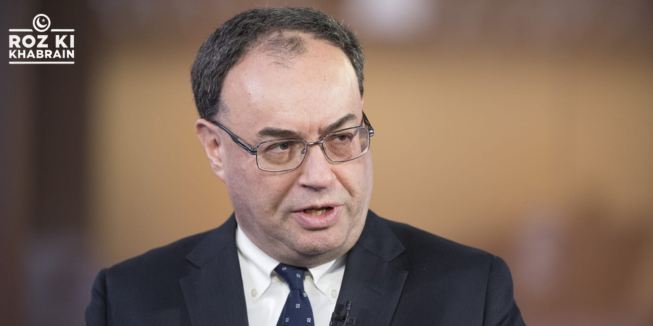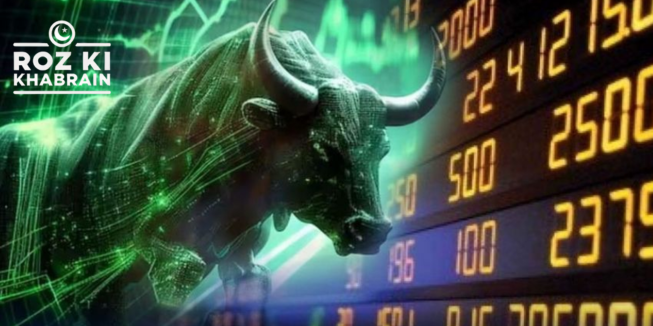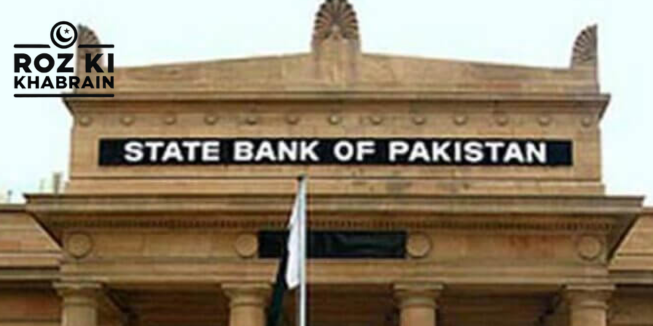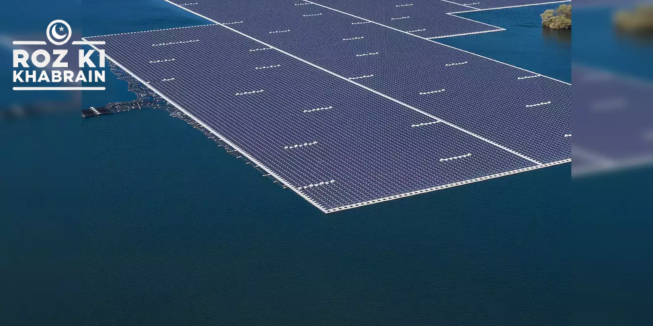The Bank of England is closely monitoring the escalating crisis in the Middle East, particularly the conflict between Iran and Israel, which raises concerns about stabilizing oil prices and the risk of a 1970s-style energy shock impacting the global economy.
Andrew Bailey, the Bank’s governor, stated he is observing developments “extremely closely” and emphasized the limitations of intervention if oil prices surge due to worsening conditions.
In an extensive interview with the Guardian, Bailey hinted that the Bank might adopt a more aggressive stance on cutting interest rates if inflation data remains positive. Following this announcement, the pound fell by 1.5 cents, reaching a near three-week low as traders reacted to the prospect of reduced borrowing costs.
Bailey also responded to former Prime Minister Liz Truss’s claims that the Bank was part of a “deep state” aiming to undermine her plans, asserting that her issues were self-inflicted.
Speaking from his office after recent military actions in the region, Bailey noted a 3% increase in oil prices amid fears of a deeper conflict disrupting Middle Eastern crude supplies. “Geopolitical concerns are very serious,” he remarked, adding that the situation is tragic and could impact already strained markets.
Despite previous turmoil, Bailey pointed out that there hasn’t been a significant rise in oil prices following the Hamas attack on Israel last year, which is beneficial for monetary policy. However, he cautioned that the situation could change rapidly.
He expressed confidence in the economy’s resilience, noting that it has weathered the shocks of recent years better than anticipated. He highlighted the government’s focus on increasing capital investment, particularly in infrastructure, to address three major challenges: an aging population, rising defense spending, and climate change.
Bailey, who became governor in March 2020 as the COVID-19 pandemic began, reflected on the Bank’s crisis management during that period and expressed hope for a calmer second half of his eight-year term. With current inflation at 2.2%, slightly above the official target, he suggested that a positive trend could lead to more activist interest rate cuts from the current 5%.
He staunchly defended the Bank’s response to various crises, rejecting accusations that the Bank had kept stimulus measures in place for too long, which led to the highest inflation in four decades and necessitated multiple rate hikes.
Bailey challenged critics, including Truss, who labeled him part of a “deep state.” He clarified that he had never met her and attributed her troubles to her chancellor’s mini-budget, which caused market turmoil and increased interest rates, prompting the Bank to intervene.
He stressed that claims of a “deep state” complicate his role as governor and stated, “It’s not easy running public institutions these days,” emphasizing that the Bank’s agenda focuses on maximizing effectiveness in its operations.




